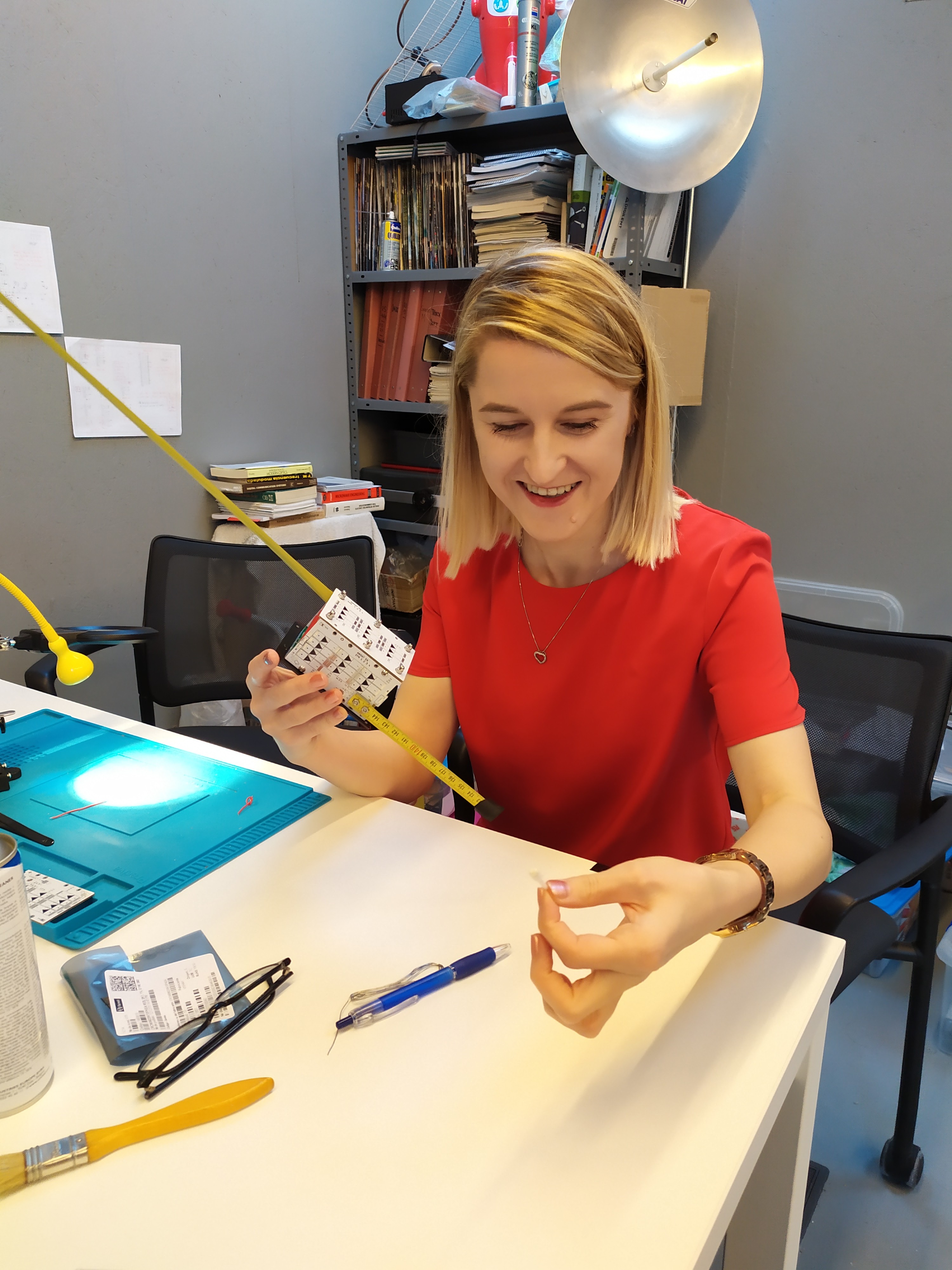Spain’s national amateur radio society URE has announced their satellite ground station has been automated and is ready for the launch of GENESIS, EASAT-2 and Hades satellites.
A translation of the URE post reads:
The URE satellite monitoring and telecommand station, located at the Madrid headquarters, on Monte Igueldo street, has recently been completely automated, thanks to the efforts made in recent weeks.
These works, which began to be carried out before the confinements due to the pandemic, have consisted of the change of the lifting rotor, which due to its long time without maintenance had been unusable, the alignment of the antennas, both VHF and UHF, of circular polarization, the installation of a Linux computer, the configuration of the reception software with SDR and the emission software using Pluto hardware, acquired by URE, as well as the automation of the rotor control with the hardware provided by EA4TX (ARS).
This station will automatically record and analyze the telemetry of the twin GÉNESIS satellites, as well as EASAT-2 and Hades, all of them designed and built by AMSAT EA, as well as remote control in the event that actions are necessary on your computer from a on board, which, once in space, will be able to receive instructions from Earth to modify its operation, although the satellites themselves implement the intelligence necessary to adapt to adverse circumstances that may occur in space.
The GENESIS satellites should be launched soon, once Firefly, the American company that built the launch vehicle, completes the static tests of its Alpha rocket, which is already prepared at the Vanderberg space base in California. As for Hades and EASAT-2, both are currently at the Momentus space integrator facilities in Santa Clara, also in California, and it is expected that they can be launched aboard SpaceX’s Falcon-9 rocket in late June from Cape Canaveral, once, overcome the problems of the Momentus company, which prevented its scheduled launch in January of this year.
Source URE https://tinyurl.com/IARU-Spain

